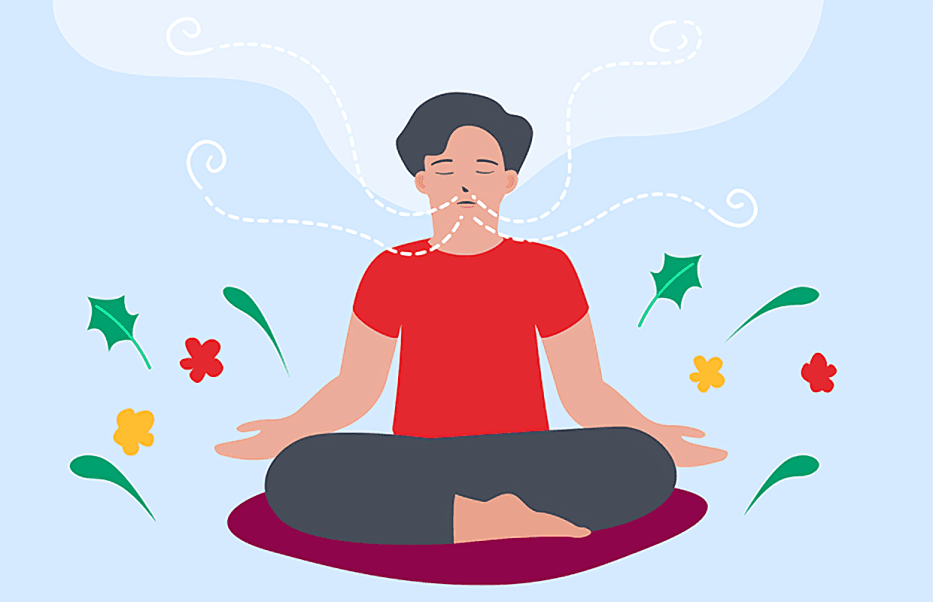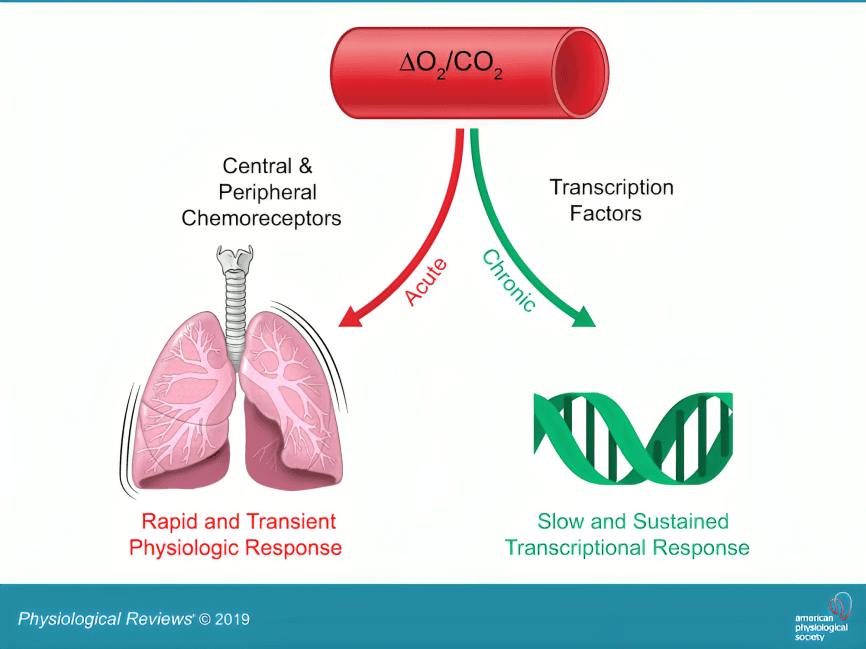
“
In today’s busy world, learning deep breathing to reduce stress instantly is a game-changer. This simple yet powerful practice can quickly calm your mind, ease tension, and restore mental clarity. With just a few mindful breaths, deep breathing to reduce stress instantly helps activate your body’s relaxation response, providing fast relief and promoting overall well-being. Let’s explore the science and benefits of how deep breathing reduces stress with 20 fascinating facts.1
1
”
Ancient Greek physician Hippocrates believed that controlled breathing restored balance to the body. Today, science echoes this, showing deep breathing calms the nervous system and restores mental clarity. 1
Deep breathing naturally engages the parasympathetic nervous system, slowing down the heart rate and reducing blood pressure. This shift helps the body escape a stress-triggered state and feel calmer. 2
Conscious breathing activates the vagus nerve, which influences emotional responses. Stimulating this nerve through slow breathing calms the body, eases anxiety, and boosts resistance to stress and mood disorders. 3
Deep belly breathing increases oxygen intake and blood circulation to the brain, improving cognitive abilities. It counteracts the foggy mental state that results from high cortisol levels during stressful situations. 4

Taking slow, deep breaths has been proven to reduce cortisol levels—the body’s main stress hormone—almost immediately, helping reduce mental chaos and induce a tranquil, centered emotional state.
By improving heart rate variability, deep breathing strengthens your body’s flexibility in reacting to stress. Higher variability means the body can adapt more quickly to changing emotions and daily pressures. 5
Practicing deep breathing before bed resets your nervous system and supports deeper sleep by quieting your thoughts and signaling the body to slow down, relax, and embrace restfulness. 6
Breathing techniques like 4-7-8 use rhythmic breath control to shift focus from overwhelming thoughts. Within minutes, they help reframe the mind, reduce anxiety, and invite mental stillness. 7
Physical tension often accompanies emotional stress. Deep breathing helps loosen tight muscles, especially in the neck, shoulders, and chest, creating an overall sense of ease and physical relaxation. 8
Deep breathing improves emotional control by allowing you to pause and gain clarity. This simple act can prevent reactive decisions, supporting more thoughtful and composed responses to challenging moments. 9

Oxygen-rich breaths help flush toxins and carbon dioxide from your blood, giving your immune system a gentle boost while reducing the physical burden caused by chronic stress.
Through dilation of blood vessels, deep breathing reduces pressure on the heart. This not only protects your cardiovascular system but also instills a sense of ease and inner peace. 10
When paired with mindfulness, breathing becomes more powerful. The act of noticing breath roots you in the present, grounding your awareness and reducing the grip of anxious thoughts. 11
Deep breaths stimulate the release of endorphins, the body’s natural mood enhancers. These feel-good chemicals help counter stress, improve mood, and inspire a gentle sense of internal joy. 12
According to physician Dr. Andrew Weil, “Breathing is the master key to healing.” It not only reduces stress but also aligns the mind, body, and spirit, offering a holistic path to peace. 13
Breathing deeply expands the diaphragm and lungs, promoting efficient oxygen exchange. This increases stamina and boosts physical energy levels during moments of mental or emotional fatigue. 14

Deep breathing can be performed anytime, anywhere—whether during meetings, commuting, or waiting. Its portability makes it a universal and effective tool for stress relief in real-time, across every situation.
Regular breathing exercises heighten daily awareness, reducing autopilot responses to stress. With greater mindfulness, even minor irritations feel manageable, and long-term stress loses much of its disruptive power. 15
With consistent practice, deep breathing reshapes how your body and mind respond to stress. This makes you more emotionally resilient and quicker to recover from emotional or mental strain. 16
Long-term daily breathing practices strengthen mental calmness. Over weeks, people report clearer minds and even improved relationships, all stemming from the centeredness created by breathing with intention. 17


